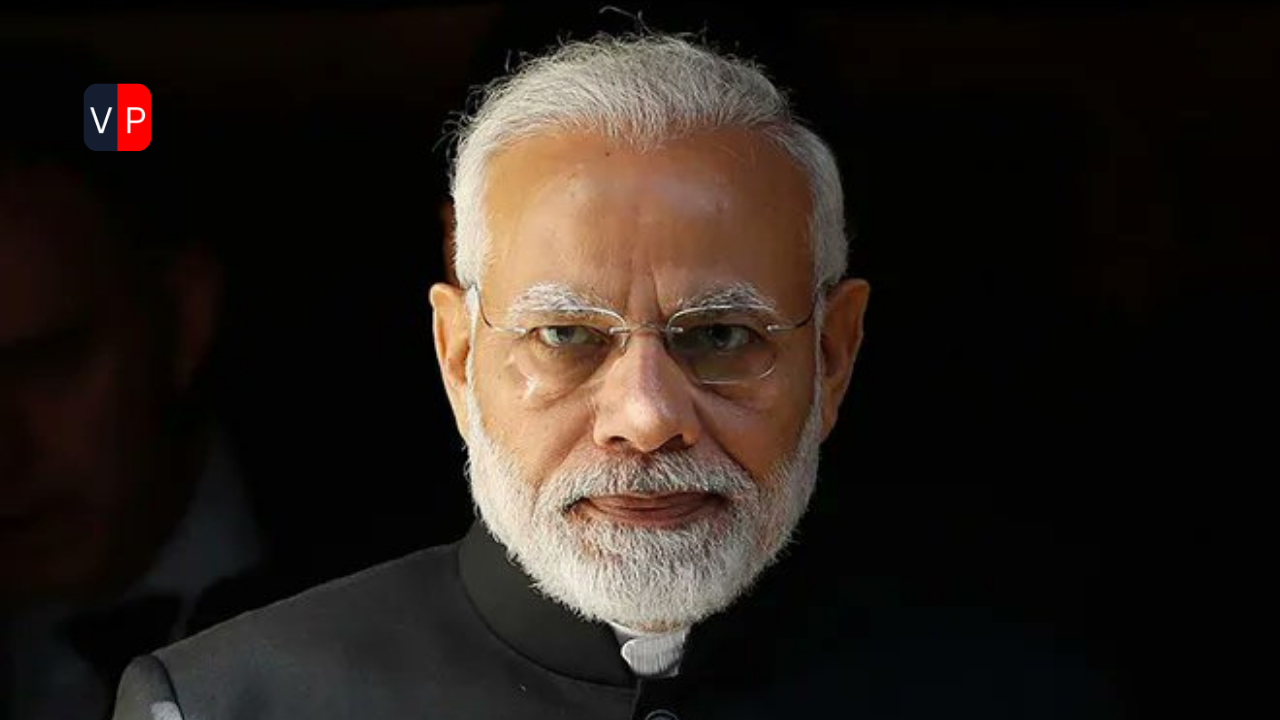Jammu & Kashmir, POK: Amid escalating tensions, India cautions Pakistan against targeting its strategic infrastructure, emphasizing severe repercussions. Explore the unfolding geopolitical dynamics and international responses.

Introduction
In the wake of heightened hostilities between India and Pakistan, the Indian government has issued a stern warning to Pakistan, cautioning against any attempts to target India’s critical infrastructure. This development follows a series of military exchanges and underscores the fragile state of affairs between the two nuclear-armed neighbors.
Background: Rising Tensions and Operation Sindoor in POK & LOC
The current escalation traces back to a recent terrorist attack in Indian-administered Kashmir, resulting in the deaths of 26 Hindu tourists. India attributes the attack to Pakistan-based militant groups, a claim Pakistan denies. In retaliation, India launched “Operation Sindoor,” targeting what it identified as terrorist infrastructure within Pakistan and Pakistan-administered Kashmir. (The Guardian)
Pakistan condemned the strikes, labeling them as violations of its sovereignty and reporting civilian casualties. The situation has since devolved into mutual accusations and military engagements along the Line of Control (LoC). (Latest news & breaking headlines)

India’s Warning: Protecting Strategic Assets
Amid fears of further escalation, India has fortified security around its strategic assets, including power plants, refineries, and communication hubs. Foreign Secretary Vikram Misri emphasized that any Pakistani attempt to target Indian infrastructure would provoke a decisive response. (The Economic Times)
Misri also dismissed Pakistan’s allegations that India targeted civilian sites, asserting that the operations were aimed solely at terrorist facilities. He highlighted Pakistan’s history of harboring terrorists and warned against any misinformation campaigns.
Pakistan’s Stance: Vowing Retaliation
In response to India’s actions, Pakistan’s Prime Minister Shehbaz Sharif condemned the strikes as acts of aggression and vowed retaliation. The Pakistani military claimed to have downed five Indian jets and reported civilian casualties due to Indian airstrikes. (The Guardian)
Pakistan’s Defense Minister Khawaja Asif stated that while Pakistan seeks to avoid full-scale war, it is prepared to respond to any further provocations. (The Guardian)
Civilian Impact and Humanitarian Concerns
The escalating conflict has had dire consequences for civilians on both sides. Reports indicate that 31 Pakistani civilians have been killed, with 57 injured, including children. In India, cross-border shelling has resulted in the deaths of 16 civilians, including women and children.
The humanitarian crisis is exacerbated by the displacement of thousands of residents in border areas, disruptions to essential services, and widespread fear among the populace.
International Reactions and Calls for De-escalation
The international community has expressed deep concern over the escalating tensions. The United States, European Union, China, and Turkey have urged both nations to exercise restraint and engage in dialogue to prevent further escalation. (The Guardian)
U.S. President Donald Trump expressed hope that India and Pakistan can de-escalate their tensions, offering to mediate if necessary. (The Economic Times)
Economic Implications: Pakistan’s Fragile Economy at Risk
The conflict poses significant risks to Pakistan’s already fragile economy. The Financial Times reports that the escalating tensions threaten Pakistan’s economic recovery, potentially jeopardizing international financial aid and ongoing economic reforms. (Financial Times)
Market instability and investor apprehension could further exacerbate Pakistan’s economic challenges, leading to long-term repercussions.(Financial Times)
Strategic and Political Implications
The recent developments signify a dangerous escalation in the long-standing conflict between India and Pakistan. The use of drones and missile attacks indicates a shift towards more advanced and aggressive military tactics.
The situation underscores the urgent need for diplomatic intervention to prevent a full-scale war between the two nuclear-armed nations.
Conclusion
India’s warning to Pakistan marks a critical juncture in the escalating tensions between the two nations. As both sides engage in retaliatory measures, the risk of a broader conflict looms large. The international community’s role in mediating and de-escalating the situation is more crucial than ever to ensure regional stability and prevent further loss of life.
External Authoritative Sources
- Moneycontrol: India warns Pakistan of consequences if its infrastructure is targeted
- The Guardian: Pakistan PM says India must ‘suffer the consequences’ for ‘cowardly’ attack
- The Times: Pakistan warns India over ‘cowardly’ Kashmir attack
- Financial Times: Conflict puts Pakistan’s economy at risk
- Al Jazeera: India and Pakistan accuse each other of waves of drone attacks

